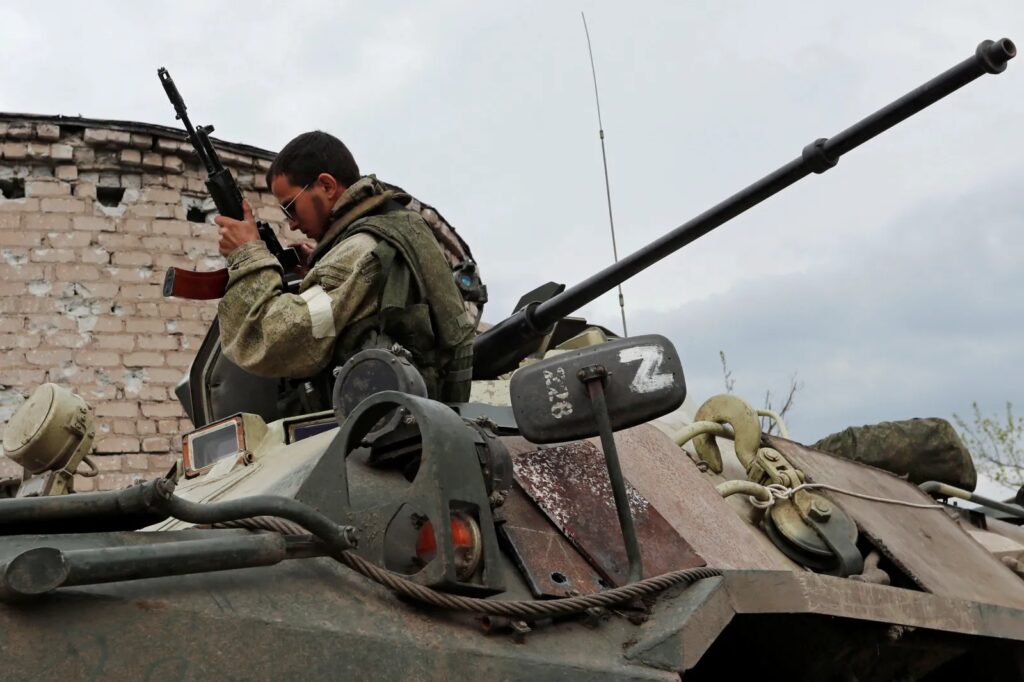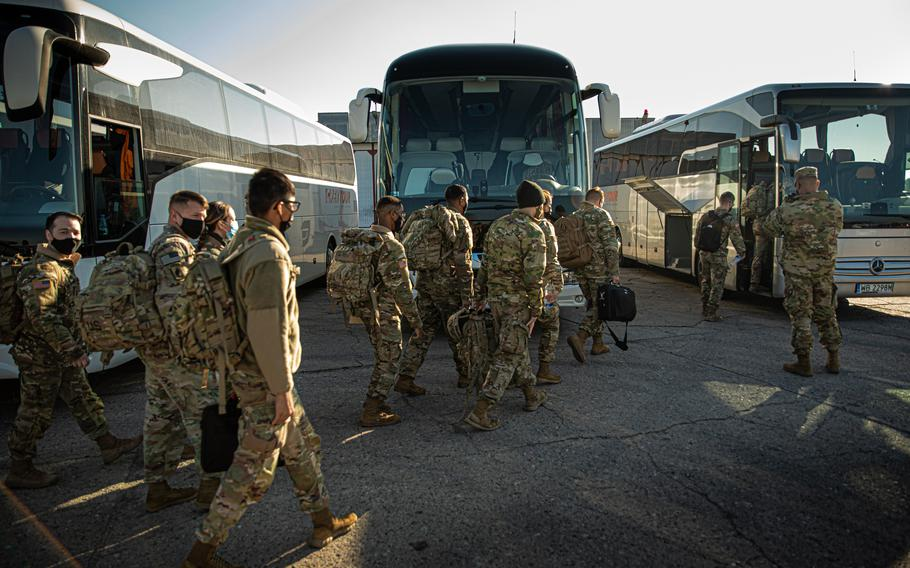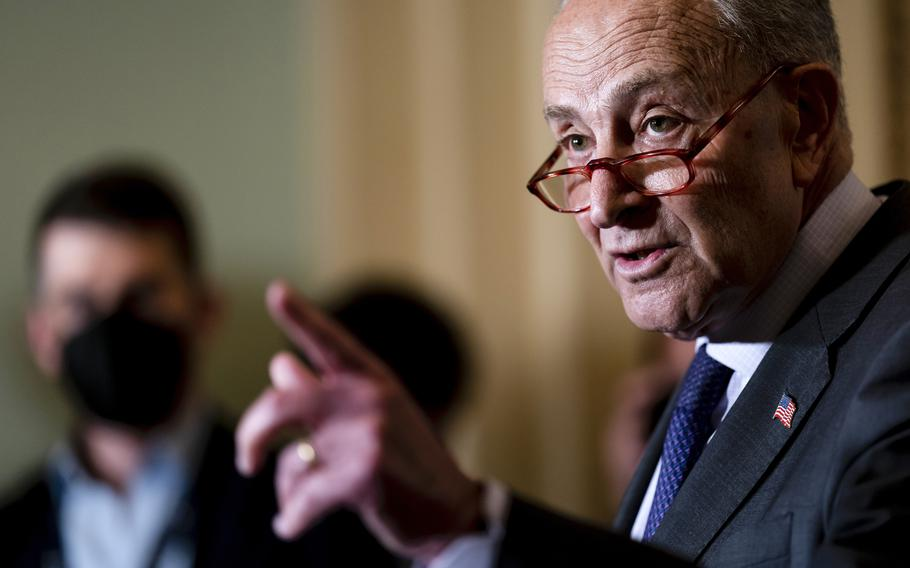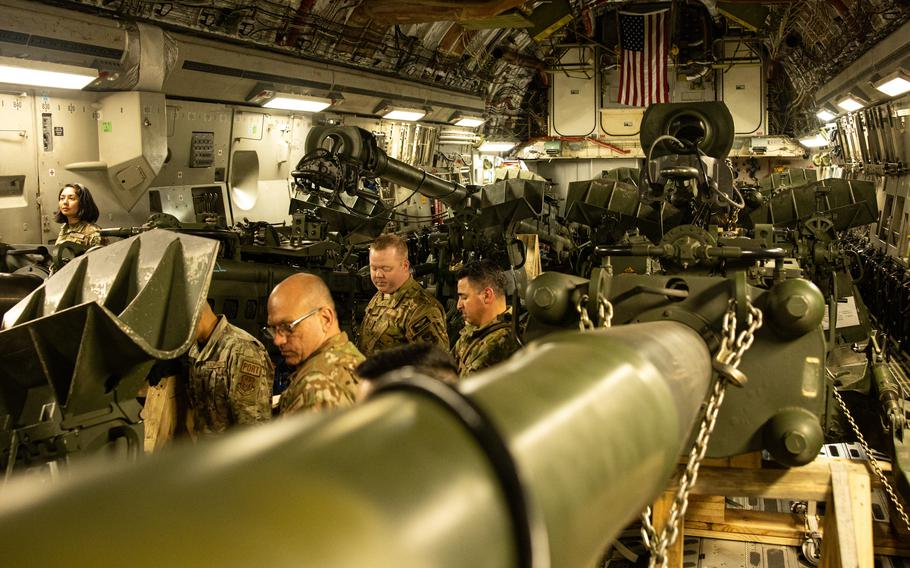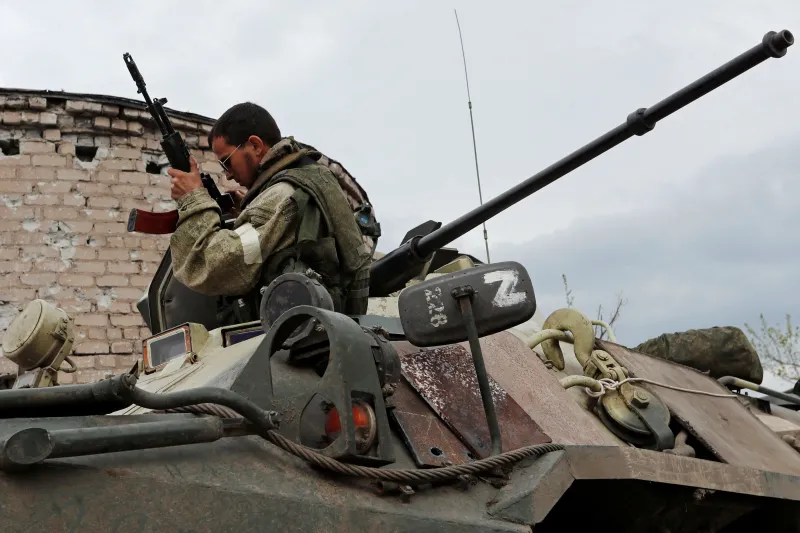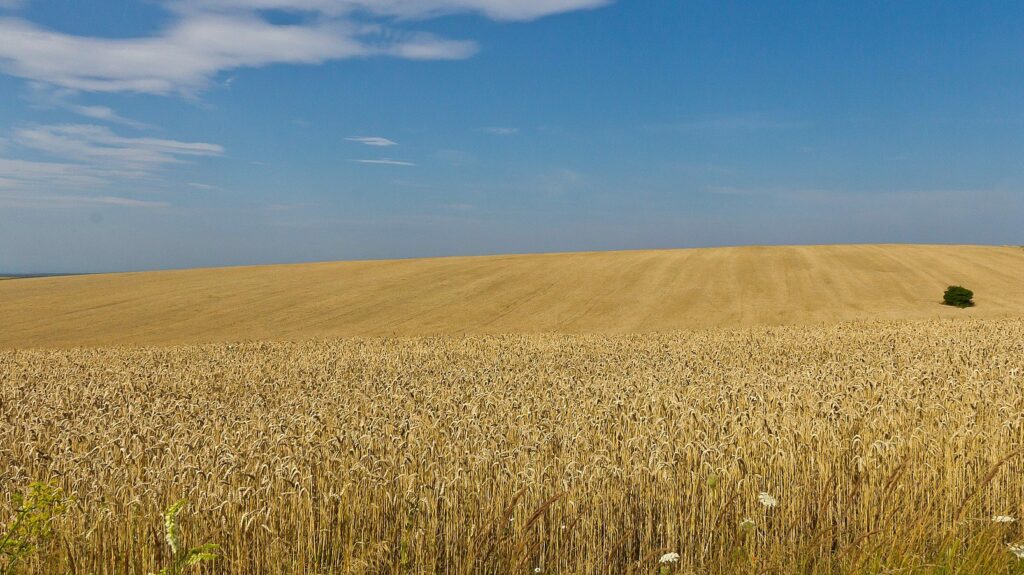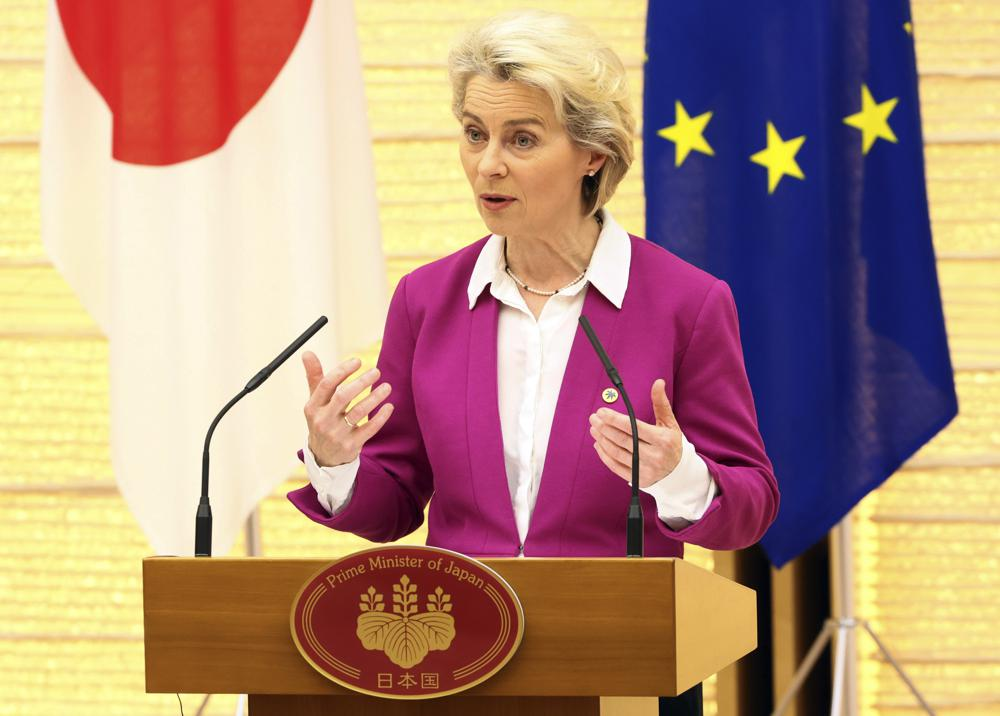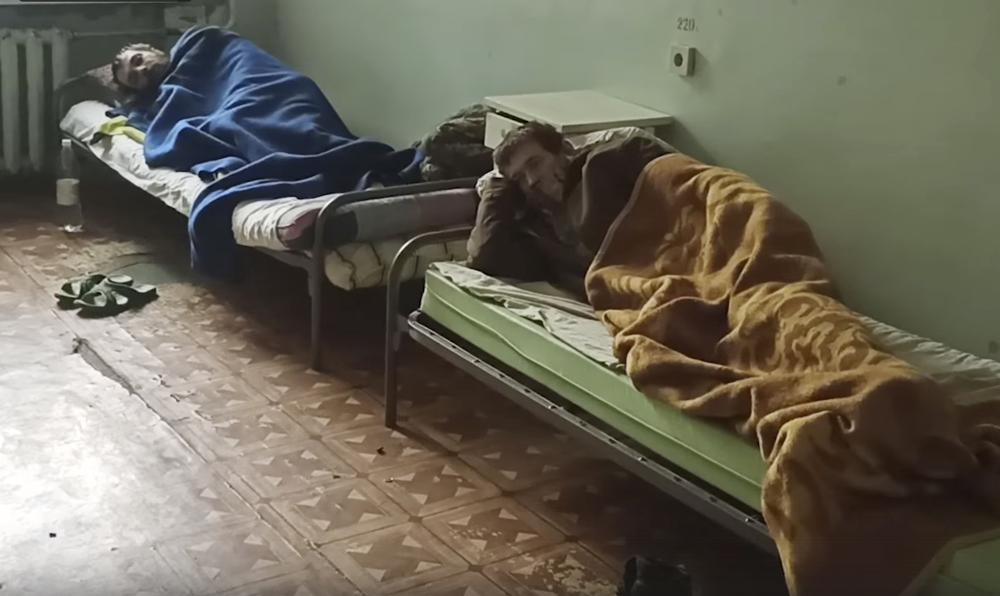Kherson Pro-Russia Leader Asks the Kremlin to Annex the City into the Russian Federation

According to recent reports from the region’s leaders, the Ukrainian city of Kherson, which Russian forces have held since the early onset of the invasion of Ukraine, is now asking Russia to let them be part of their country.

